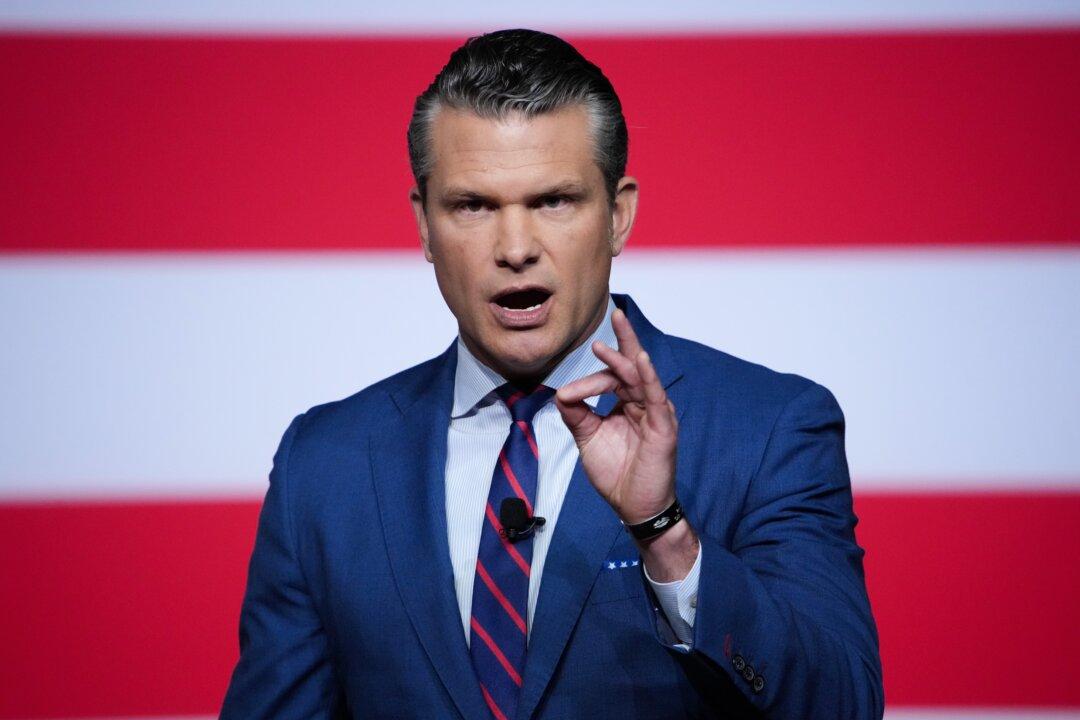Some people don’t like to think about their mortality and therefore avoid any discussion about preparing a Will.
These people may think that establishing a joint account is the best way to prepare for future circumstances because the person you have chosen to share the account with will be able to easily withdraw the funds at the time of your demise, without having to wait for a copy of the death certificate or some other proof that he/she is the person who can access the funds.
These types of accounts are usually created between spouses or a parent and child. The only potential problem is that both account holders may deposit and withdraw funds at any time. Therefore, if only one account holder is depositing funds, those funds may be withdrawn by the joint account holder for his/her personal use and this can be done without the permission of the other account holder.
It may start out amicably whereby the person who is borrowing money asks for permission, but later it may be that he/she just withdraws the money with the intention of replacing it later. If the money is not replaced or the account holder who is making all of the deposits is not aware that withdrawals are being made, tension and hard feelings will develop between them.
Another alternative that would ensure that the designated person can get immediate access to your bank account upon your death is to establish a “Pay on Death” account. A Pay on Death bank account (also called a bank trust account) is an account that you open in your own name, only, as depositor, but you name a beneficiary who will receive the money left in your account when you die.
During your life, the beneficiary is not permitted to make any withdrawals or deposits. You continue to make deposits and withdrawals freely throughout your life. If there is any money left after you die, the beneficiary can immediately withdraw the money upon showing proof of identity and a certified copy of your death certificate.
Unlike the joint account, there are no worries that the beneficiary will withdraw money from the account while you are still alive. In addition, you can close the account or change the beneficiary whenever you like. Since you have full control over the account until your death, the transferred money to the beneficiary is not considered to be a gift, so there are no gift tax concerns to the estate (although the money is still included in the taxable estate).
If you want more than one beneficiary to receive the money, you can name all of them when opening the account and each of them will receive an equal share of the money in the account unless you provide alternative instructions. Each beneficiary is required to show proof of identity and at least one death certificate should be provided.
In some cases, the named beneficiary predeceases the account holder. Under these circumstances, the Pay on Death designation is invalid and the money in the account will pass to your heirs at law or to the residuary beneficiary in your Will (if you have decided to prepare one). Where there are multiple beneficiaries and one does not outlive the account holder, the money will be divided among the remaining beneficiaries, unless a new Pay on Death account is prepared, which designates different beneficiaries.
Information contained in this article is not intended to be legal advice nor applicable to all situations. For legal assistance, contact an attorney in your state of residence. You can visit Arleen’s website at arleenrichards-law.info.






